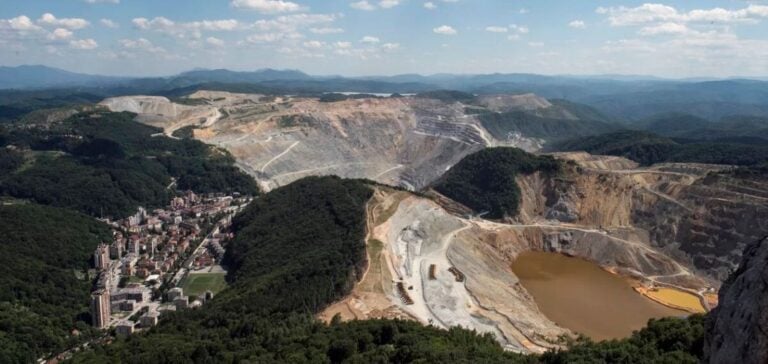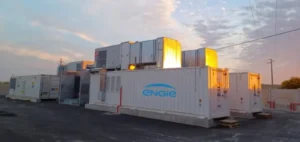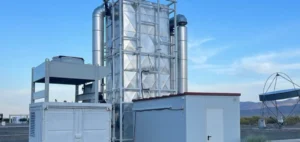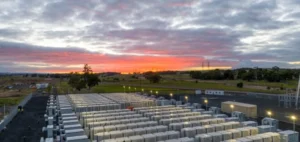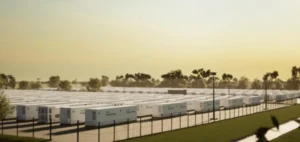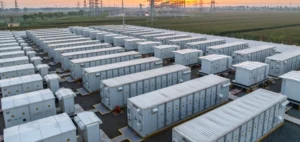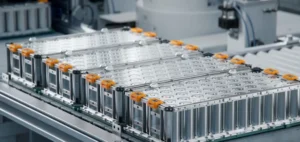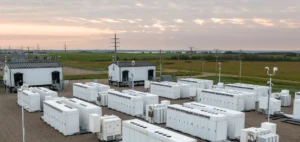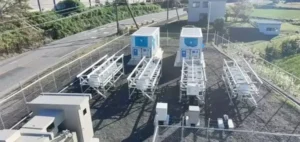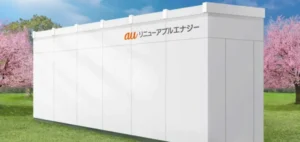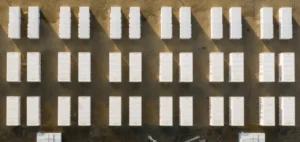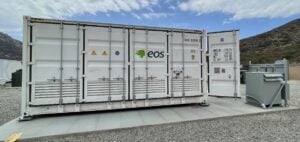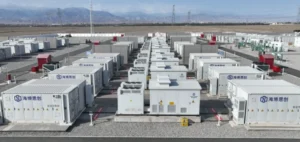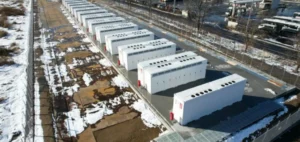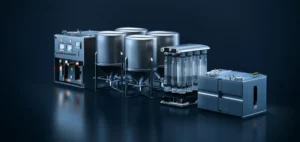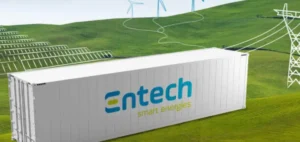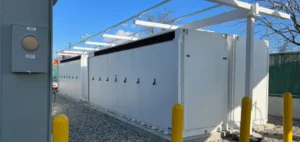Germany, the industrial engine of the European Union (EU), is intensifying efforts to secure lithium supplies, a crucial metal for the shift to electric vehicles. During a meeting in Freiberg, Saxony, Chancellor Olaf Scholz and Serbian President Aleksandar Vucic discussed a strategic partnership concerning the lithium reserves in Jadar, Serbia.
A Crucial Issue for the Automotive Industry
Lithium is indispensable for battery production, a key component of electric vehicles. As the EU enforces the phasing out of internal combustion engines by 2035, the availability of this resource has become a strategic concern for European manufacturers. “If the shift to electric propulsion is to succeed, there must be enough lithium for our industry,” said Olaf Scholz at the event.
The Jadar deposit, scheduled for exploitation in 2028, is the largest known lithium site in Europe. Estimates suggest it could provide enough material to produce one million electric vehicles annually, thereby reducing European dependence on imports from Australia, Chile, and China.
Projects in Serbia and Germany
In addition to Serbian initiatives, Germany itself is seeking to enhance its extraction capabilities. In Freiberg, the company Zinnwald plans to produce 15,000 tons of lithium hydroxide annually starting in 2028. These projects could play a critical role in meeting the growing demands of the automotive industry while strengthening European sovereignty over this critical resource.
Environmental and Social Challenges
Despite these ambitions, lithium extraction projects face controversy. In Serbia, large-scale protests in 2022 delayed mining initiatives due to environmental concerns. Residents fear significant ecological impacts, a sensitive issue as the implementation date approaches.
In Germany, the Zinnwald initiative has also sparked debate, although the country strives to maintain high environmental standards. These controversies highlight the delicate balance between addressing climate urgency and preserving the environment.
Towards a New European Dynamic
Discussions between Berlin and Belgrade reflect a strengthening of intra-European cooperation to tackle challenges linked to the energy transition. Lithium, often referred to as “white gold,” symbolizes both the economic opportunities and ecological challenges of this shift.


